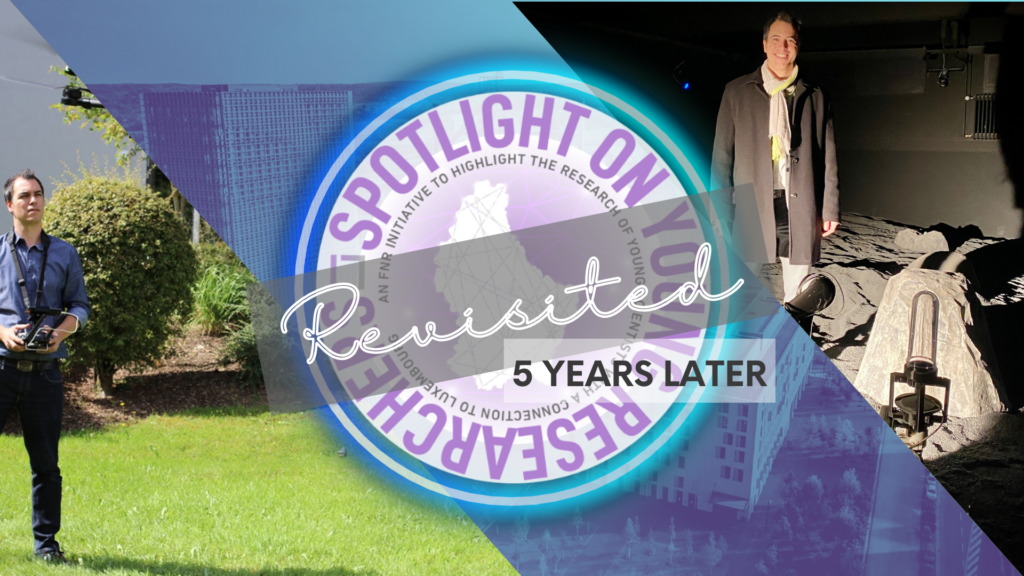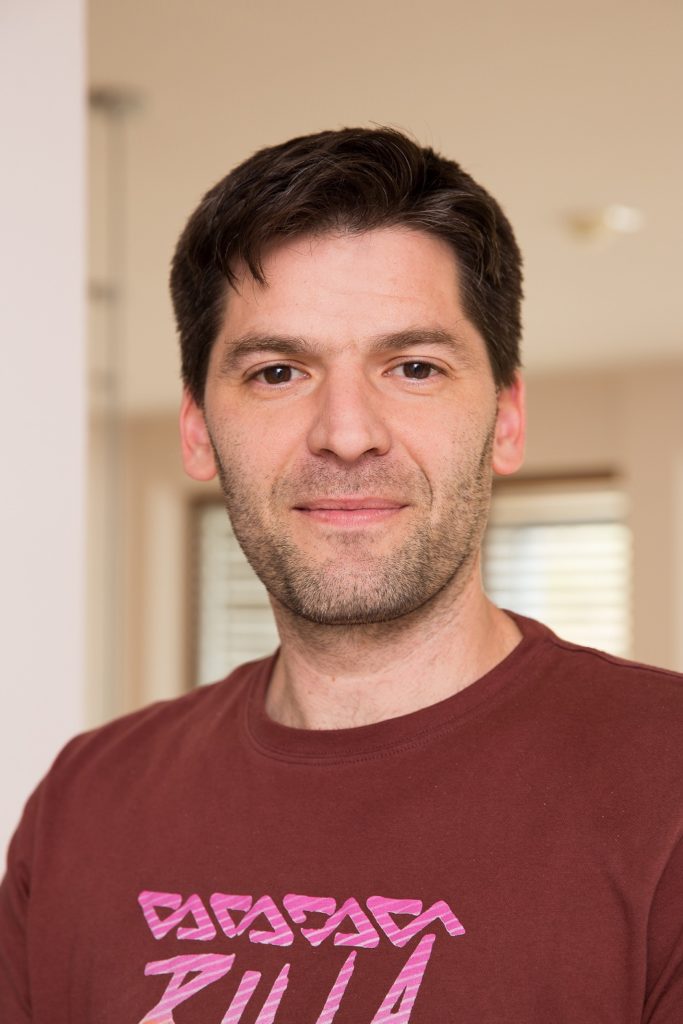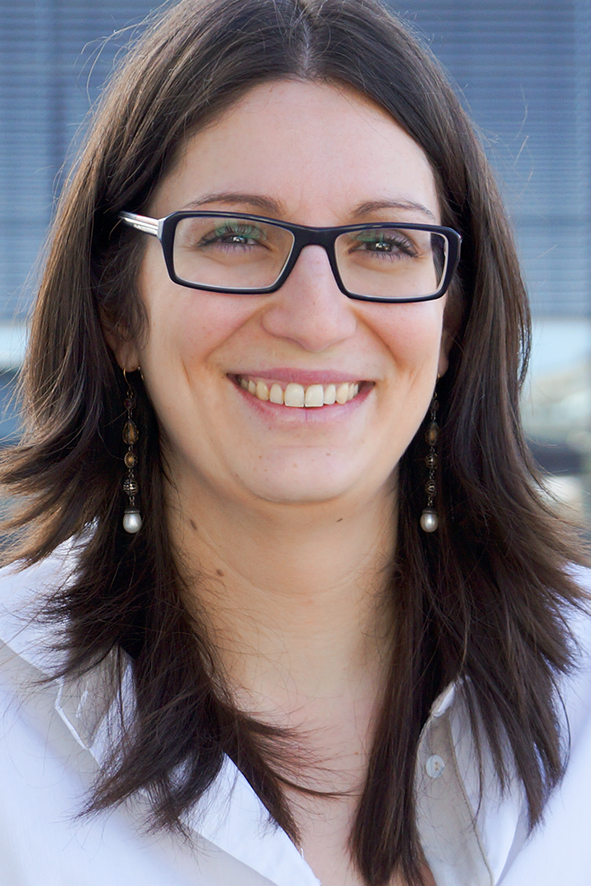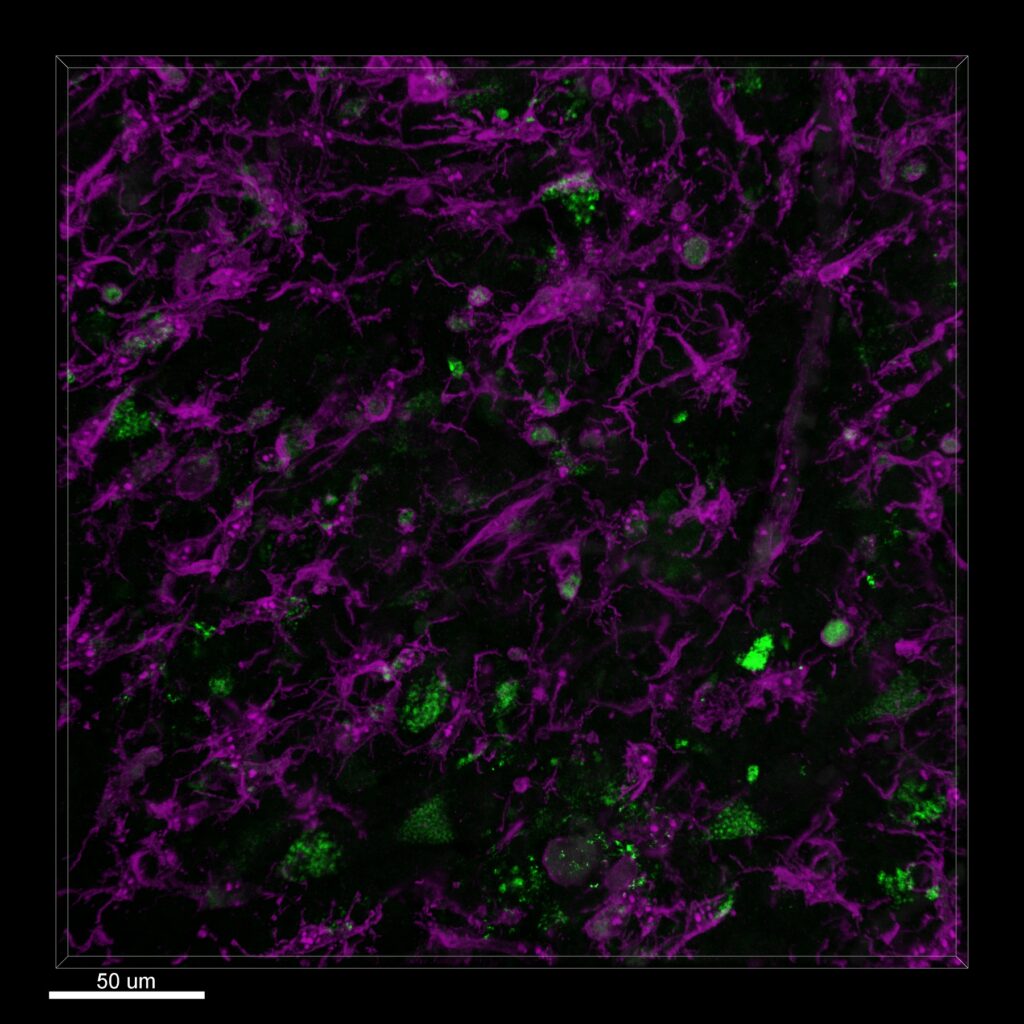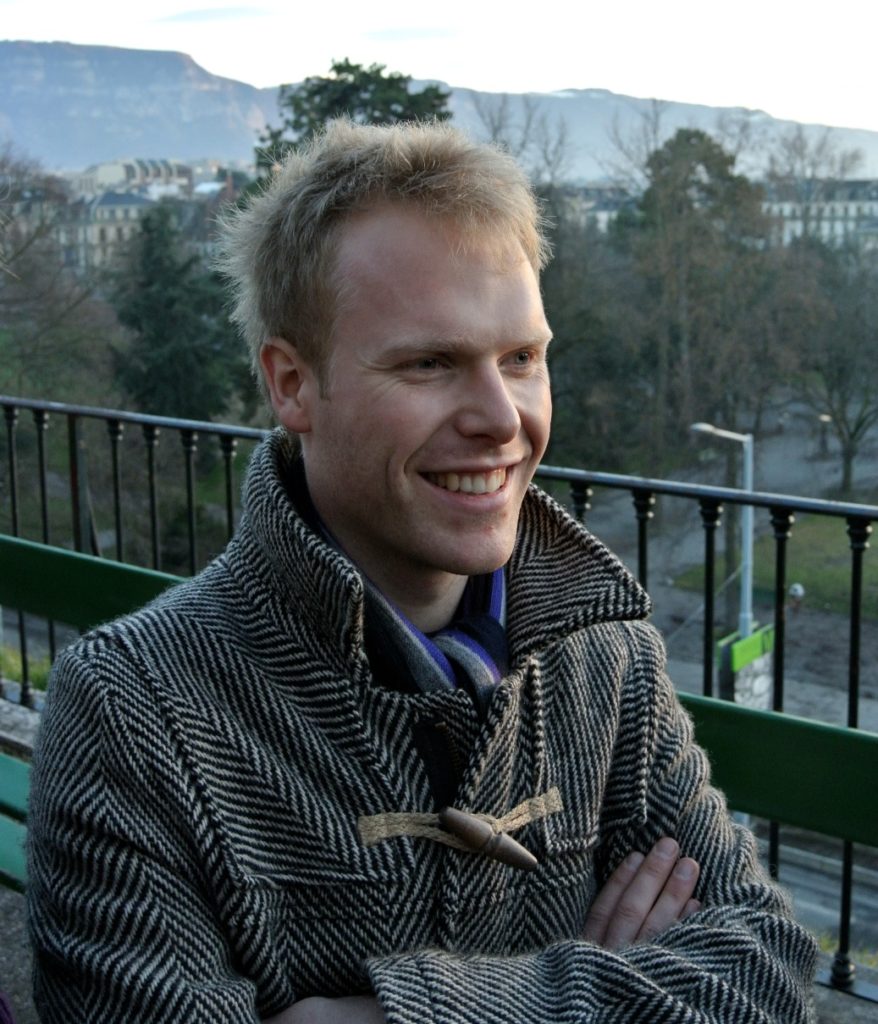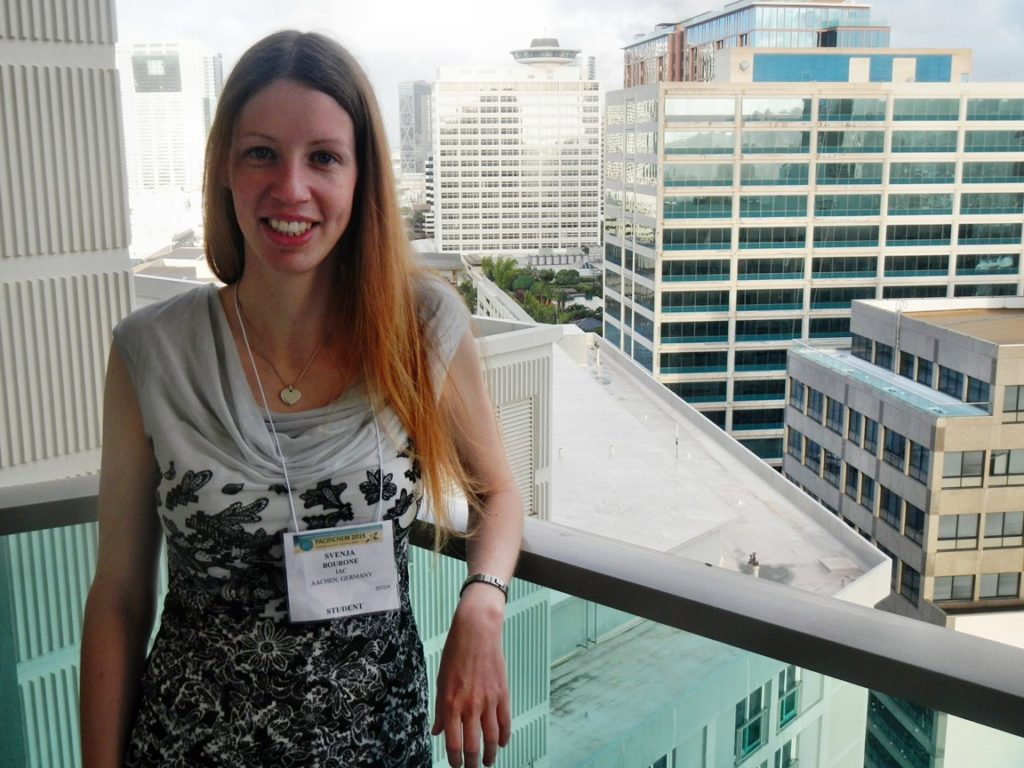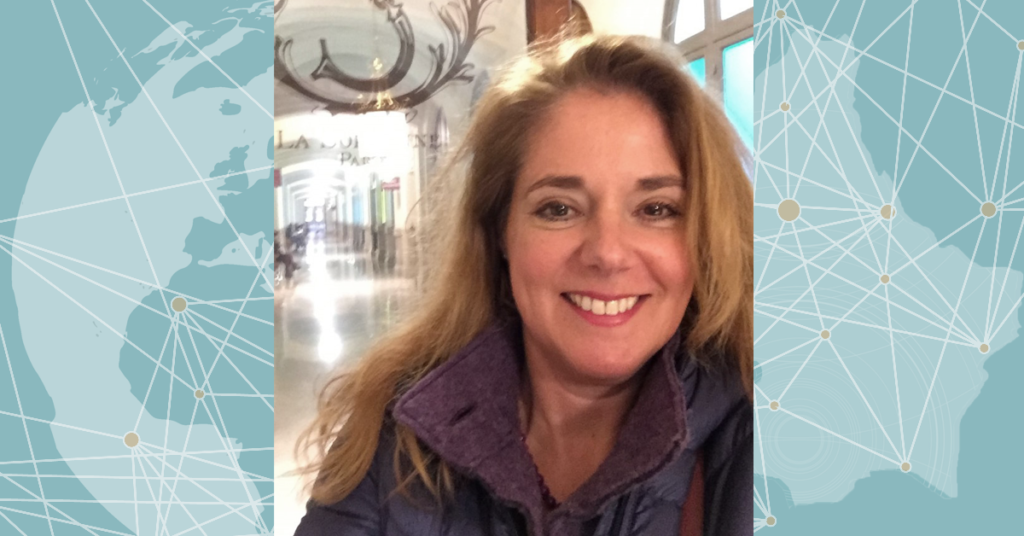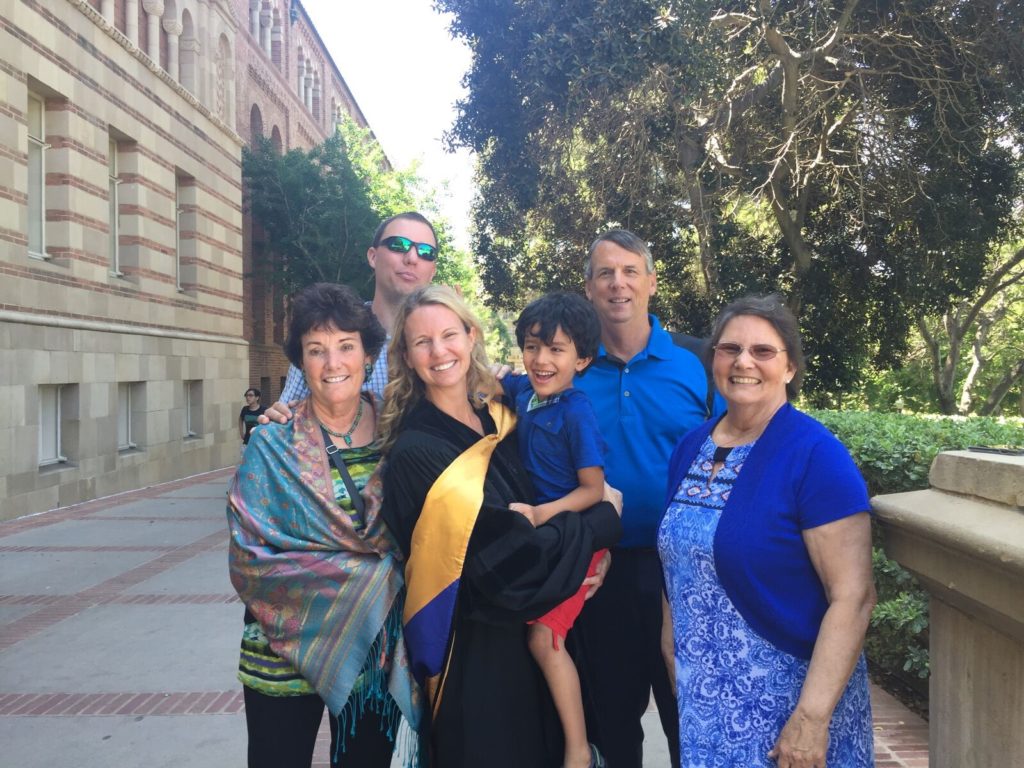Xianqing Mao comes from a family of professors and doctors and thus has always had a natural interest in science. The Chinese national completed a medical degree, but felt she still had unanswered questions, so she decided to go abroad and took a leap into biomedical research. After stays in France, the UK, the United States and Belgium, Xianqing is now transitioning from junior to senior researcher at the Luxembourg Institute of Health, where she has already been involved in several projects investigating cancer progression.
“For a successful career in research, three things are essential for me: firstly, to be competent in my field; secondly, to be able to raise the awareness of people around me on health issues; finally, to be a social person, open-minded, communicative and with a strong team spirit”, Xianqing Mao says.
Since arriving in Luxembourg in 2013, she has been working in the ‘Cytoskeleton and Cancer Progression’ research group at the LIH. Xianqing explains that her group is interested in metastasis – the process of cancer cells spreading to other parts of the body, and the main cause of death from cancer.
“Cancer cells progressively evolve to become more and more invasive and be able to escape from the immune surveillance system. Both tumour cell invasion and immune resistance involve actin cytoskeletal changes. My research mainly focuses on actin regulatory proteins and related signalling pathways driving tumour cell invasion and immune evasion, with the goal to identify new prognostic markers and therapeutic targets.”, Xianqing explains.
A scientific cocktail
Xianqing is a postdoctoral researcher – a transition period from junior to senior researcher. How is her every-day routine changing as she progresses in her career?
“My typical work day sounds like a tasteful scientific cocktail”, Xianqing says and adds:
“Generally, I spend about 50% of my time working at the bench, setting up and conducting biological experiments. About another 50% are spent on project management and coordination: designing experiments, writing experimental procedures and analysing data. I also review experimental designs, experimental procedures, results and data analyses generated by junior team members, assist with writing journal articles and abstracts, and present my project results at scientific conferences.
“I am progressively given more and more responsibilities within the team. I now assist the team leader with grant proposal writing, make recommendations for new equipment purchases, hold laboratory meetings, participate in the hiring of new group members and establish collaborations.”
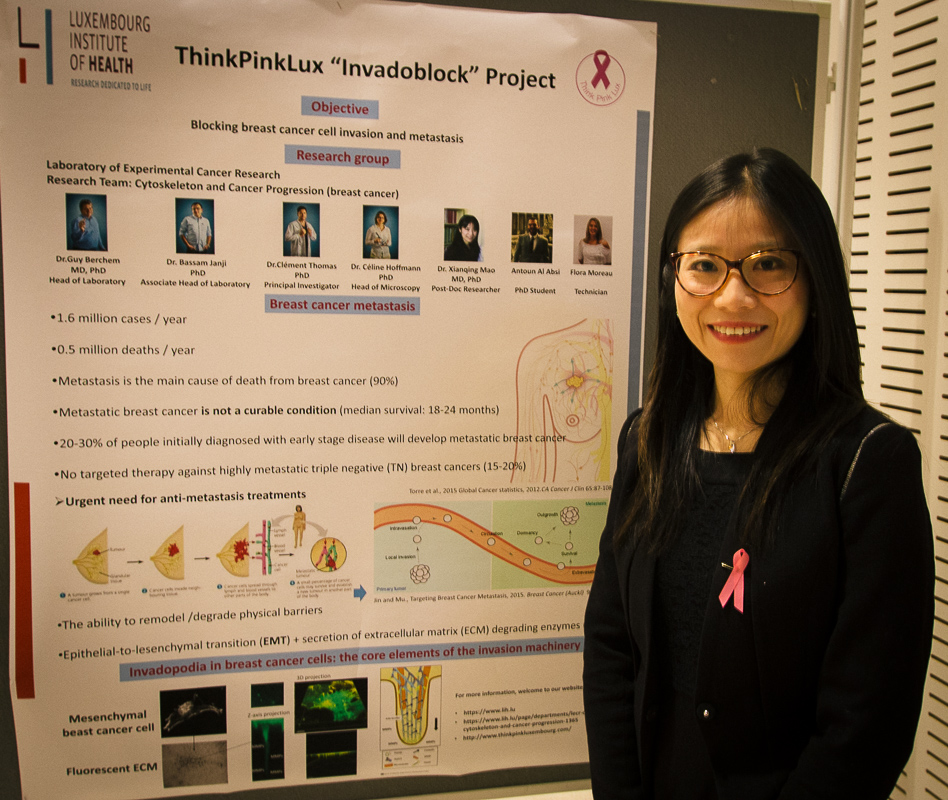 Xianqing stems from a family with an abundance of professors and medical doctors. It is no surprise that she was almost born with an interest in science – Xianqing explains that early on she was particularly interested in biomedicine and the function of cells within an organism.
Xianqing stems from a family with an abundance of professors and medical doctors. It is no surprise that she was almost born with an interest in science – Xianqing explains that early on she was particularly interested in biomedicine and the function of cells within an organism.
It was during her medical studies that Xianqing developed an interest in experimental cancer research. She embarked on a PhD at the University of Lorraine in Nancy in France, where she worked on a project – later published in the journal Oncogene – in which it was discovered that a particular enzyme has important clinical value as a prognostic marker in a subtype of breast cancer.
With all the countries Xianqing has already worked in – how did she end up in Luxembourg and how is she thriving?
“During this 4-year experience [of my PhD,]I became highly passionate about research. I realized that my training requires far more breadth if I want to establish a successful research career. I continued travelling, learning and working, and finally arrived in Luxembourg”.
Since she arrived in the Grand Duchy in 2013, Xianqing has already been involved in 3 research projects (2 supported by Fondation Cancer and 1 supported by Think Pink Lux), and is about to embark on the FNR CORE project METASTALIM. In 2015, she had the opportunity to be a committee member of the European Health Parliament in Brussels, a hugely enriching experience:
“I met more than 50 young professionals from all across Europe. During 6 months we worked together intensively to deliver high-level policy-oriented recommendations that shall positively influence and change the future of healthcare in Europe. This work experience really broadened my horizon. It made me “think big” and I felt proud to act as a European citizen for public healthcare.”
“Research environment in Luxembourg is more attractive than in other countries”
We ask Xianqing what she thinks about the potential of Luxembourg’s research environment, and whether she could see herself sticking around for a bit longer in the Grand Duchy:
“I have travelled a lot during the early stages of my academic career (China-France-Scotland-England-United States-Belgium), however, I feel that Luxembourg is an attractive place for me to make a longer stop and develop my career,” Xianqing says and adds:
“I think that the research environment in Luxembourg is more attractive than in other countries owing to the government’s efforts to support and develop the sector of research and innovation. I believe that Luxembourg has a lot of potential for researchers to develop themselves and for long-term career evolution.”
Published 10 August 2017

RELATED PROGRAMMES
About Spotlight on Young Researchers
Spotlight on Young Researchers is an FNR initiative to highlight early career researchers across the world who have a connection to Luxembourg. This article is the 23rd in a series of 25 articles, which are published on a weekly basis. You can see more articles below as and when they are published.




